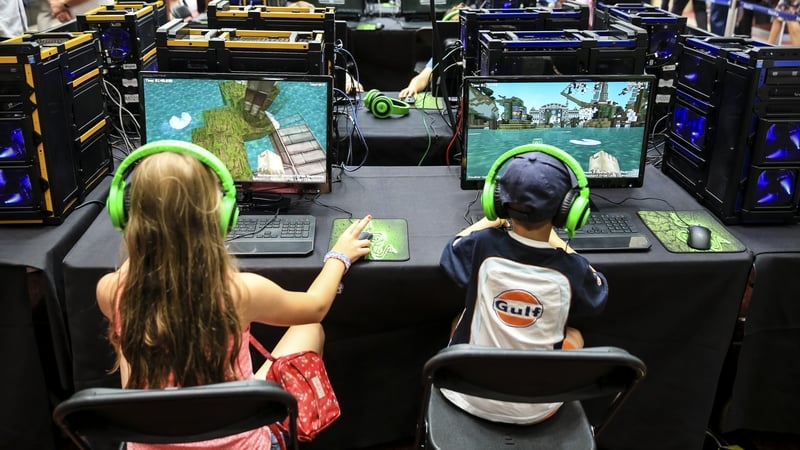An international sweep of 439 mobile and online games by national consumer agencies – including the Competition and Consumer Protection Commission (CCPC) in Ireland – has found many of them contain design techniques that may aim to manipulate players as young as three years old into making decisions or purchases they would not otherwise.
The sweep, co-ordinated by the International Consumer Protection Enforcement Network (ICPEN), was carried out to identify potential consumer harm caused by mobile and online games.
It found a number of common manipulation techniques were prevalent in the games assessed, including “sneaking” – where information is intentionally withheld or hidden, for example the real-world price of virtual in-game currencies.
It also identified a trend of “nagging”, where repeated, seemingly endless notifications or reminders lead to a player agreeing to an action, such as making an in-app purchase out of frustration.
A manipulation tactic known as “obstruction” was also observed. This is where a game is intentionally designed to block a player in a certain way that frustrates them into making a decision or purchase to progress further.
The sweep also focused on other potentially harmful consumer practices in how games used “loot boxes”.
These are in-game rewards that can be bought with real or virtual currency, or earned by watching in-game ads or spending time in the game.
The study found that only 30% of games with loot boxes disclosed the presence of this monetisation mechanism at the download stage.
Furthermore, it indicated that loot boxes, in-game purchases and in-game advertisements were just as common in games rated for ages three and up as they were in any other age group.
The sweep also uncovered so-called urgency-style tactics aimed at pressuring players to purchase items that were only available for a limited time, when this may have been untrue.
The annual ICPEN sweep took place between 31 March and 11 April of this year, with 22 global consumer authorities – including the CCP – taking part.




